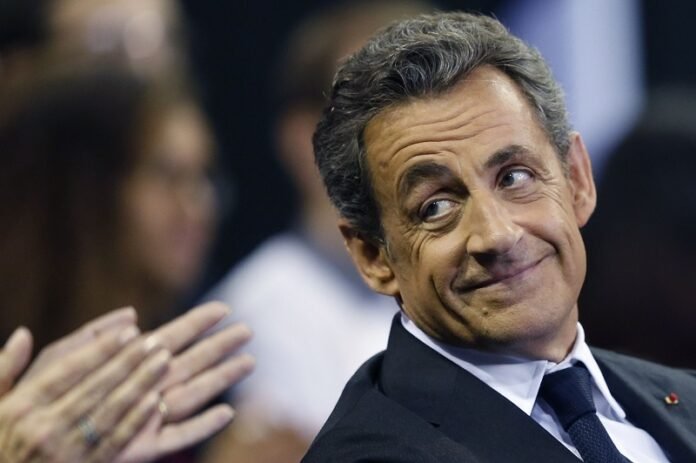Next Tuesday, French history will write an unprecedented page: former President Nicolas Sarkozy will enter prison—not just any facility, but in solitary confinement at La Santé, one of the most secure prisons in Paris. A moment that goes beyond mere personalization to pose a crucial question: what does the incarceration of a former president at the heart of Europe signify? Does the law now carry more weight than any political symbol?
The sentence handed down against Sarkozy—five years in prison for the illegal financing of his 2007 electoral campaign through Libya—opens a series of profound questions. Power, once above all, now finds itself confronted with the law, while the symbol is compared to the most unjustly condemned figures in French history, from Alfred Dreyfus to Edmond Dantès. Is this a realistic comparison, or an attempt to inscribe the image of the unjustly persecuted hero into collective memory?
The former president’s lawyers do not intend to yield to fate; they plan to file a request for provisional release as soon as he enters prison. But the judicial reality appears relentless: solitary confinement, strict measures preventing any communication, and a ceiling of suspicion regarding any attempt at external influence. This prison scene reveals not only the vigilance of the judicial system regarding security but also opens a window onto the conflict of symbols: the power of the law versus political power, the State versus the personal history of the president.
The case itself is ambiguous: the money never went directly to the campaign but circulated within a coordinated network between his aides and the former Libyan regime, with the aim of financing the campaign. The court considered that this movement represented an “exceptional gravity of the facts,” justifying the conviction and immediate incarceration, in a historic first that challenges traditional conceptions of electoral justice.
Behind these facts, a broader question emerges: is justice limited to the strict application of the law, or is it an interpretation of context and intent? How can French society accept that someone who shaped the country’s politics and influenced its international course becomes a guest behind bars? And what are the symbolic implications for the future of European democracies, where power and the presidency no longer confer immunity in the face of the law?
Sarkozy will not merely be a prisoner; he becomes a living experiment to understand the limits of power and justice, and to reflect on the eternal contrast between political force and moral responsibility. Between solitary confinement and the echo of history, the question remains open: are we witnessing the end of a man, or a pivotal moment redefining the relationship between law and the presidency, between symbol and reality?


